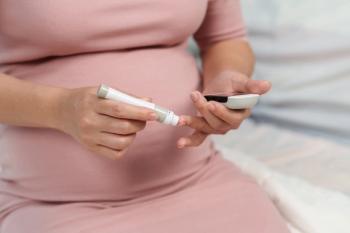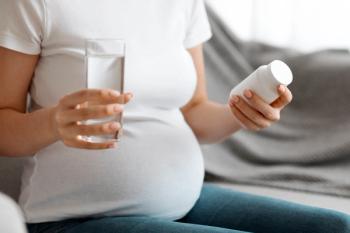
Take high cholesterol off the list of health problems caused by low birthweight
Contrary to the "fetal origins" hypothesis and suggestions of a strong inverse relationship between birthweight and subsequent blood cholesterol levels, a recent study finds that 1-kg lower birthweight may be associated with at most about 2.0 mg/dL (0.05 mmol/L) higher total cholesterol later in life—an amount unlikely to have much impact on public health.
Contrary to the "fetal origins" hypothesis and suggestions of a strong inverse relationship between birthweight and subsequent blood cholesterol levels, a recent study finds that 1-kg lower birthweight may be associated with at most about 2.0 mg/dL (0.05 mmol/L) higher total cholesterol later in life-an amount unlikely to have much impact on public health.
Researchers who reviewed 79 studies involving more than 74,000 people found overwhelming heterogeneity in the results, leading them to conclude that previously reported associations between birthweight and later cholesterol levels probably reflect inappropriately placed emphasis on particular study results and inappropriate adjustment for current weight and other confounding factors.
Huxley R, Owen CG, Whincup PH, et al. Birth weight and subsequent cholesterol levels: exploration of the "fetal origins" hypothesis. JAMA. 2004;292:2755-2764.
Newsletter
Get the latest clinical updates, case studies, and expert commentary in obstetric and gynecologic care. Sign up now to stay informed.









